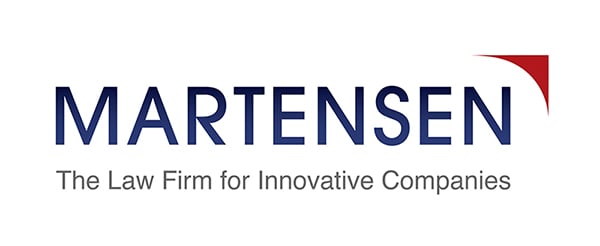National Security Space Launch Phase 3 Request for Proposals Announced
Military launch contracts have long been a lucrative market for aerospace companies, but the recent jump in national defense and commercial space activities has put the industry into overdrive, and the US Department of Defense (DoD) is poised to accelerate the industry even further.
In the coming weeks, the DoD is expected to issue a Request for Proposals (RFP) for the National Security Space Launch (NSSL) Phase 3 procurement. This contract, which is expected to be worth well over $10 billion over five years, will cover the launch of all military and intelligence community satellites between 2022 and 2027.
The NSSL Phase 3 procurement is a follow-up to the 2018 NSSL Phase 2 contract, which was awarded to just two companies: SpaceX and United Launch Alliance (ULA). These companies were selected to provide launch services for the DoD's most critical national security payloads, including satellites that provide early warning of missile launches, monitor potential adversaries' activities, and support military operations around the world.
However, for Phase 3, the DoD will acknowledge what has long been apparent on the ground here in Colorado: commercial space is booming. NSSL Phase 3 will be divided into two lanes for bidders. Lane 2 is reserved for the most difficult missions, launching heavy and/or valuable payloads or targeting difficult to reach orbits. While SpaceX and ULA are expected to bid for these missions, new entrants such as Blue Origin and Northrop Grumman will also likely be in the mix. Blue Origin has been developing its New Glenn rocket for several years and has already secured several commercial launch contracts. Northrop Grumman, which acquired Orbital ATK in 2018, has also been developing its OmegA rocket for military and commercial launches.
Lane 1, however, will include about 30 lower cost, lower risk missions to encourage entry by companies developing new medium lift rockets. These companies include Relativity Space with its Terran R rocket, Rocket Lab, which has developed a small satellite launcher called Electron, and Vector Launch, which is developing a small launch vehicle called Vector-R. These companies are known players in commercial launch, and are looking to expand into the military launch market. Lane 1 will also be open to larger players as well, so competition will be robust. To date, 27 companies have expressed interest in bidding on Phase 3 contracts. The DoD is expected to select providers based on factors such as technical maturity, launch vehicle performance, and cost.
NSSL Phase 3 is not the only military launch contract up for grabs on the horizon. The DoD is also expected to issue a Request for Information for the next-generation Evolved Expendable Launch Vehicle (EELV) program in the coming months. This program, which is expected to be worth several billion dollars over the next decade, will cover the launch of all military and intelligence community satellites from 2028 onwards.
The EELV program is currently serviced by ULA's Delta IV and Atlas V rockets, as well as SpaceX's Falcon 9 rocket. However, the DoD is looking to encourage competition and reduce costs by bringing in new players. This could open the door for companies such as Blue Origin, Northrop Grumman, Relativity Space, Rocket Lab, and Vector Launch to secure a share of the military launch market.
The increasing competition in the military launch market is a sign of the growing importance of space in national defense and commercial activities. As more countries develop their own space programs and launch capabilities, the US is looking to maintain its technological edge by investing in new launch technologies and encouraging competition. The DoD’s latest move is likely to reshape and supercharge commercial space for the next decade.
-1.png?width=352&name=ezgif_com-gif-maker_99)-1.png)

